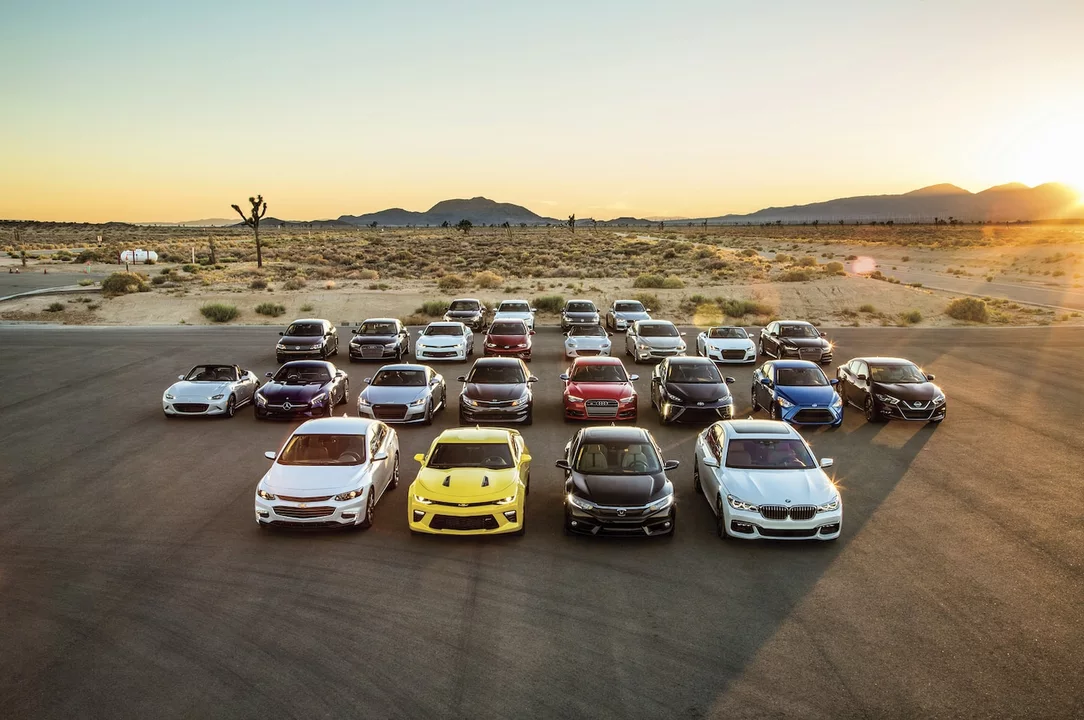Understanding the Indian Car Market
Before diving into the average age of cars in India, it's essential to comprehend the Indian car market's unique characteristics. Unlike developed countries, the Indian car market is still in its growth phase. The overall car penetration is relatively low compared to other countries, which means that there are a lot of first-time car buyers. As a result, the Indian car market is quite price-sensitive, and the demand for budget and entry-level cars is quite high. Additionally, the market has seen a significant rise in the sale of pre-owned cars, which also impacts the average age of cars on Indian roads.
The Indian automobile industry has evolved over the years, with many global and domestic players entering the market. The availability of various car models, features, and price points has made it easier for consumers to find a car that fits their needs and budget. This, in turn, has led to an increase in the number of cars on the road and a gradual decrease in the average age of cars in India.
Factors Affecting the Average Age of Cars
Several factors contribute to the average age of cars in India. One of the primary factors is the country's economic growth. The Indian economy has been growing steadily over the past few years, resulting in higher disposable incomes for many households. This allows individuals and families to purchase new cars more frequently, thereby reducing the average age of cars on the road.
Another factor contributing to the average age of cars in India is the availability of financing options. With the emergence of various financing institutions, obtaining a car loan has become more accessible and affordable for many Indians. This has led to an increase in new car purchases and a subsequent decrease in the average age of cars.
Moreover, the growth of the pre-owned car market in India has also played a role in the average age of cars. With more people opting for used cars, the overall age of cars in India has risen. However, this trend has also led to improved maintenance and servicing standards for pre-owned vehicles, ensuring that older cars remain roadworthy for an extended period.
Calculating the Average Age of Cars in India
Estimating the average age of cars in India can be a complex task due to the lack of comprehensive data on the total number of cars and their respective ages. However, we can make a rough estimate by considering the annual car sales data and the total number of registered vehicles in the country.
According to the Society of Indian Automobile Manufacturers (SIAM), around 3.4 million passenger vehicles were sold in India in the financial year 2019-2020. The total number of registered vehicles in India is estimated to be around 253 million as of 2020. By considering these figures and the growth of the Indian car market over the past few years, we can estimate that the average age of cars in India is around 5-7 years.
Impact of Government Policies on the Average Age of Cars
Government policies and regulations have a significant impact on the average age of cars in India. The Indian government has been proactive in implementing policies aimed at reducing vehicular pollution and promoting the use of greener and cleaner technologies. For instance, the government introduced the BS6 emission norms in 2020, which led to the phasing out of older and more polluting cars.
Moreover, the government has been promoting electric vehicles (EVs) through various incentives and subsidies, making them more affordable for the average Indian consumer. As more people switch to EVs, the average age of cars in India is likely to decrease further.
The Indian government has also proposed a vehicle scrappage policy, which aims to replace older vehicles with newer, more fuel-efficient, and less polluting models. If implemented, this policy could significantly reduce the average age of cars in India, as it would encourage the retirement of older vehicles.
Conclusion: The Future of the Indian Car Market
As the Indian economy continues to grow and the demand for cars increases, it is expected that the average age of cars in India will decrease over time. With the government's focus on promoting cleaner and greener technologies, the future of the Indian car market looks promising. Additionally, the growth of the pre-owned car market and the implementation of vehicle scrappage policies will ensure that older cars are replaced with newer, more fuel-efficient models, contributing to the overall reduction of the average age of cars in India.
Ultimately, the average age of cars in India is a reflection of the country's economic growth, consumer preferences, and government policies. As India continues to progress, the average age of cars is likely to decrease, leading to a more sustainable and eco-friendly automobile industry.





